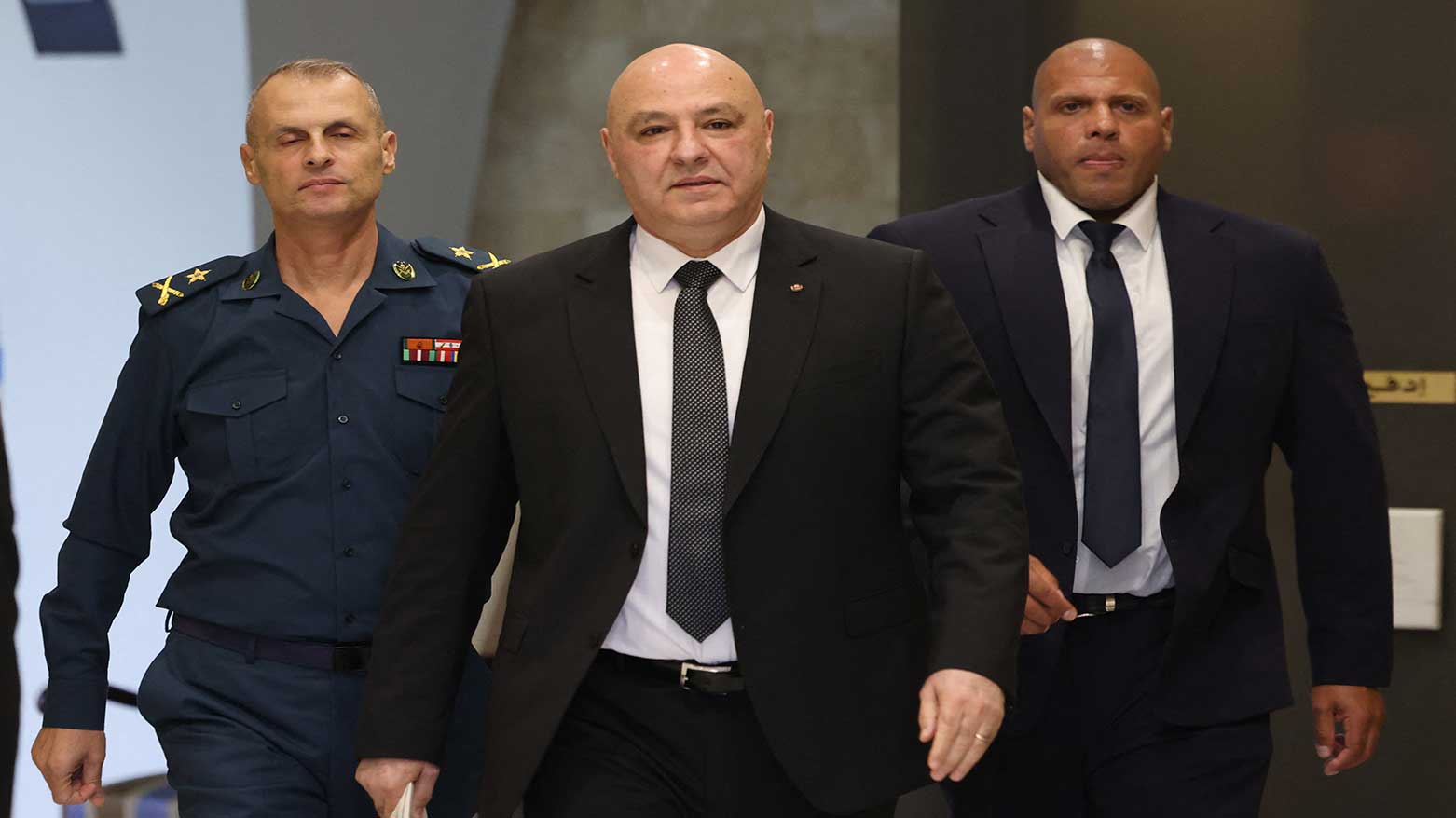Hezbollah Rejects Government Disarmament Plan, Vows to Retain Weapons
Hezbollah lawmaker Hassan Ezzedine declared the group would “not abandon its weapons under any circumstances or pretext at all.” He described the decision as “sinful, hasty, and reckless,” urging those who backed it to reconsider or face the “repercussions.”

ERBIL (Kurdistan24) — A Hezbollah lawmaker vowed on Saturday that the group will not relinquish its arsenal, a day after the Lebanese government approved an army-led plan to begin disarming the powerful Shiite movement, according to AFP.
The pledge came amid mounting U.S. pressure and concerns that Israel may escalate its military operations. Last month, the Lebanese cabinet ordered the army to devise a roadmap to disarm Hezbollah by the end of the year. On Friday, the cabinet formally welcomed the plan, despite Hezbollah and its allies boycotting the session.
Information Minister Paul Morcos said after the meeting that the army would implement the plan “in accordance with the available capabilities.” He noted that the army commander highlighted significant “constraints,” particularly ongoing Israeli strikes, and refrained from giving a timeline for enforcement.
A government statement further conditioned progress on “the commitment of other parties, foremost Israel.”
Responding to the announcement, Hezbollah lawmaker Hassan Ezzedine declared the group would “not abandon its weapons under any circumstances or pretext at all,” according to Lebanon’s state-run National News Agency. He described the decision as “sinful, hasty, and reckless,” urging those who backed it to reconsider or face the “repercussions.”
Ezzedine praised the walkout of Shiite ministers from Hezbollah and its ally Amal, who left Friday’s meeting when the army commander presented the plan.
Lebanon’s multi-confessional system, where legitimacy stems from sectarian consensus, has historically shielded Hezbollah’s role as both a political actor and armed force.
The government argues that disarmament is part of commitments under a U.S.-brokered ceasefire that ended more than a year of clashes with Israel last November. Despite the truce, Israel has continued striking Hezbollah targets and maintains a military presence in five southern Lebanese locations it deems strategic.
France welcomed the cabinet’s approval of the plan as “a new positive step,” urging all Lebanese factions to support its “peaceful implementation without delay.”
Hezbollah was founded in 1982, during the Lebanese Civil War, following Israel’s invasion of Lebanon. Backed by Iran’s Islamic Revolutionary Guard Corps (IRGC), the movement initially emerged as a Shiite militia committed to resisting Israeli forces and exporting Iran’s Islamic Revolution ideology.
Over time, it transformed into both a dominant political player and one of the most powerful non-state military actors in the Middle East.
The group’s disarmament has been a central and highly divisive issue in Lebanese politics for decades. United Nations Security Council Resolution 1559 (2004) explicitly called for the disbanding of all militias in Lebanon, though Hezbollah has resisted, citing Israel’s occupation of disputed border areas such as Shebaa Farms.
Domestically, Hezbollah commands significant support among Lebanon’s Shiite community and maintains a vast social, educational, and healthcare network. Internationally, it is designated as a terrorist organization by the United States, the European Union, and several Arab states, while maintaining political legitimacy within Lebanon’s parliament and cabinet.
The latest push for disarmament comes as Lebanon faces one of the worst economic crises in its modern history, coupled with rising public discontent over political paralysis. Observers fear that forcing Hezbollah to disarm could destabilize the fragile sectarian balance and potentially trigger internal conflict, especially given Israel’s continued military pressure.